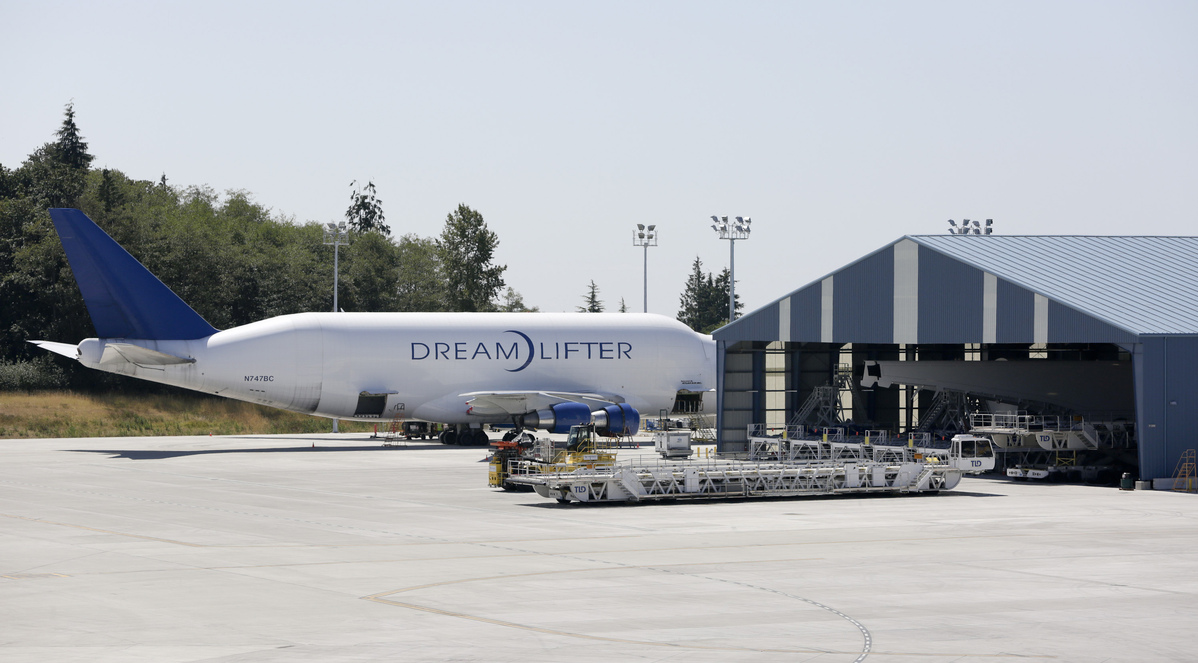World air traffic suffered a massive drop of more than half in March compared with the same period last year thanks to coronavirus-related travel restrictions, the airline industry's trade body said Wednesday.

(Photo: China Daily)
The 52.9 percent drop when measured by total revenue per passenger kilometres "was the largest decline in recent history, reflecting the impact of government actions to slow the spread of COVID-19", said the International Air Transport Association (IATA).
Many of the roughly 290 airlines who are members of the Association have been hard hit by the slump in air travel demand with much of the world in lockdown as governments fight to limit the spread of coronavirus.
Those airlines together represent 82 percent of global air traffic.
US aerospace giant Boeing and British Airways Boeing have notably announced this week they expect to make thousands of job cuts after traffic volume fell to levels not seen since 2006.
"March was a disastrous month for aviation," said Alexandre de Juniac, IATA’s director general and CEO.
"Airlines progressively felt the growing impact of the COVID-19 related border closings and restrictions on mobility, including in domestic markets.
"Demand was at the same level it was in 2006 but we have the fleets and employees for double that.
"Worse, we know that the situation deteriorated even more in April and most signs point to a slow recovery."
February had already seen a 10.3 percent annual drop as China confronted the worst of its outbreak.
Asia-Pacific traffic slumped 65.5 percent in March with a 54.3 percent fall for European carriers and a 53.7 percent drop for North American counterparts.
Although the virus spread was slower to take hold in Africa, traffic fell on the continent by 42.2 percent in March after just a 1.1 percent dip in February.
"The industry is in free fall and we have not hit bottom," de Juniac warned, while urging governments and the industry to work together to prepare for the moment when travel restrictions can be eased.
"It is imperative that governments work with industry now to prepare for that day.
"It is the only way to ensure that we have measures in place to keep passengers safe during travel and reassure governments that aviation will not be a vector in the spread of the disease."


